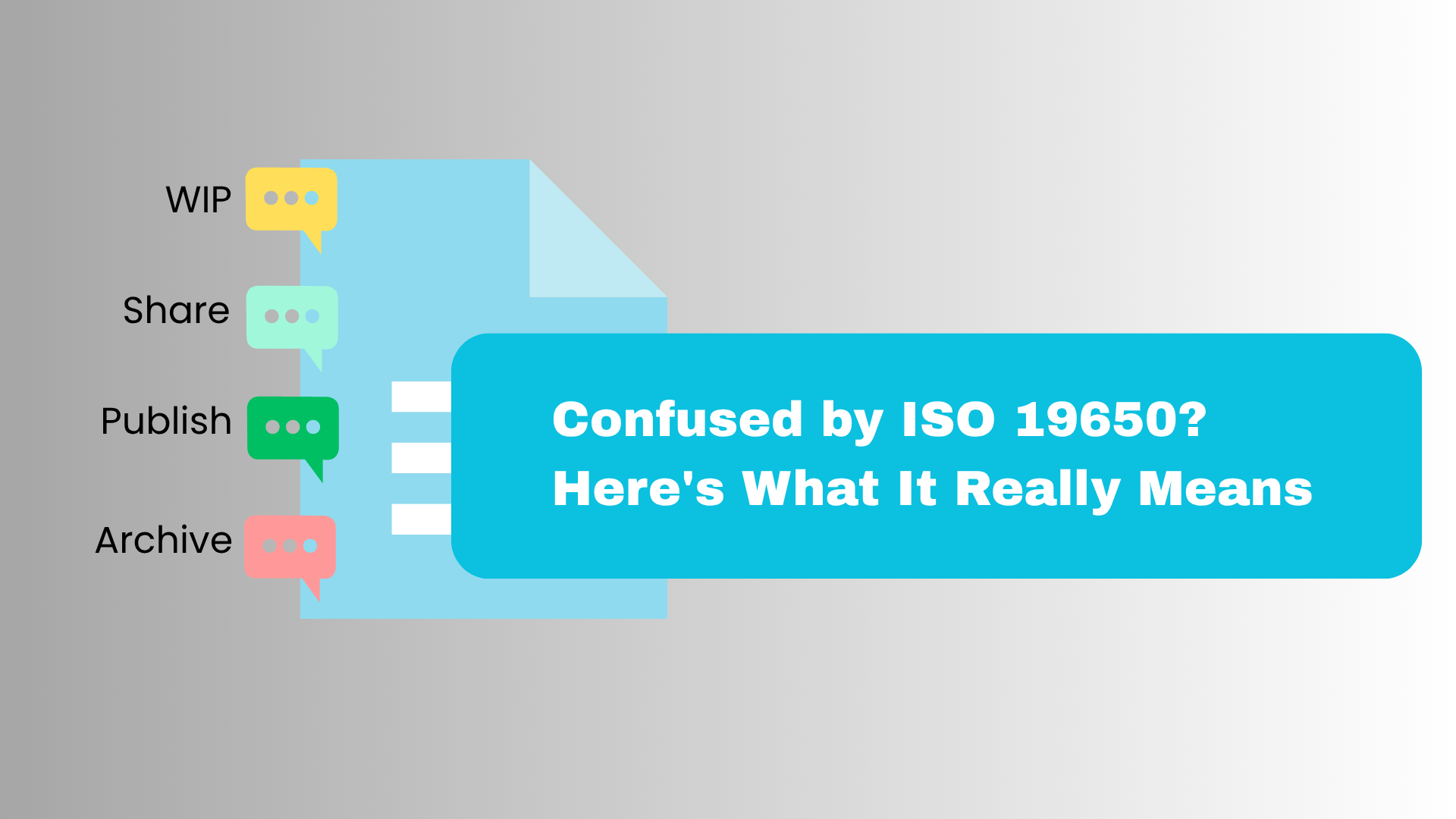When I ran a design practice, I experienced first-hand how difficult it can be for small architecture, engineering and construction (AEC) firms to manage even seemingly simple projects. With small teams, tight budgets and ever-demanding clients, there was little time to set up formal systems—so we ended up juggling emails, calls and scattered messages across different apps.
In this article, I want to reflect on how most small AEC firms operate today and share practical advice based on my journey. It’s to spark a conversation about better project management practices—especially smart project management—that any small firm can adopt.
What’s Really Happening on the Ground?
Globally, small AEC firms continue to manage projects in a surprisingly informal way. From new home designs to small commercial builds, many rely heavily on a mix of email threads, WhatsApp groups, Excel sheets and verbal instructions. According to industry reports, nearly 70–75% of small AEC firms still rely on non-specialised tools like spreadsheets or email to manage their projects.
In most firms I’ve spoken to, there’s no dedicated project manager. The principal or lead architect ends up wearing multiple hats. And hiring a Project Management Consultant (PMC)? That’s rare for small projects—too expensive, too complex, and often seen as overkill. Smart project management is often left behind in favour of convenience.
What Happens When Everything Is Ad Hoc?
When task assignments are shared over casual messages, when client approvals are buried in inboxes, and when timelines live only in someone’s head—it’s a recipe for chaos. I’ve been there. I know how easy it is to lose track of who said what, which drawing is final, or whether a change was even approved.
Poor communication isn’t just inconvenient. It’s a silent project killer. Inconsistent updates create client mistrust. Untracked tasks lead to last-minute scrambles. And when multiple team members assume someone else is handling it, things fall apart.
Research shows that ineffective communication is a primary contributor to project failure in over 30% of cases—and can jeopardise more than half of a project’s budget. Smart project management can eliminate most of these issues before they ever begin.
That’s not just my experience—it’s a common pattern I’ve seen repeated in firm after firm across India, the UK, the UAE, and beyond.
Do Small Firms Use Project Management Tools?
Some do—but most don’t.
- How do you track approvals directly from client chats?
- Can you link drawings, images and tasks in one message?
- Can you manage internal staff, vendors and clients all in one place?
Studies suggest that fewer than 25% of small construction and design firms use dedicated project management software, and even fewer integrate messaging with task and approval tracking. Smart project management is about more than tools—it’s about using the right ones.
Most general tools don’t address the complexity of AEC collaboration. So teams end up patching together systems—one app for chat, another for tasks, and shared drives for files. It works, but only just. This is where adopting smart project management practices can provide a major edge.
Best Practices for Small Firms (Without Breaking the Bank)
Whether you use Slack, MS Teams, or any other tool, here’s what I recommend every small AEC firm should do:
- Write a Simple Project Plan: It doesn’t need to be fancy. Just list key dates, roles, deliverables, and expected decisions. Share it with the entire team. This is a cornerstone of smart project management.
- Centralise Communication: Choose one platform to communicate about the project. Don’t let discussions scatter across email, WhatsApp, and phone calls. Make sure everything is recorded and searchable. Smart project management relies on clarity and visibility.
- Track Approvals Clearly: Whether it’s a chat message or a formal document, client approvals need to be documented. Don’t rely on memory. Smart project management ensures accountability.
- Assign Task Ownership: Every deliverable must have an owner. That way, there’s never confusion about who’s doing what.
- Hold Brief Weekly Updates: Even a 15-minute call or chat update can keep everyone aligned. It prevents firefighting and last-minute surprises. Regular touchpoints are key to smart project management.
- Document Changes as They Happen: Scope creep is real. Small changes can cause major budget shifts. Log every change, however small. Smart project management anticipates and adapts.
The Bigger Opportunity: Project Management Through Messaging
In small AEC firms, time is limited. Budgets are tight. People multitask constantly. That’s why I believe messaging—something teams already do all day—should be the foundation of project management.
If teams can convert conversations into tasks, track approvals from chats, and keep everything in context, they don’t need to be trained on complex software. The goal is to simplify the workflow they already use. That’s the essence of smart project management.
In a recent industry study, high-performing teams were found to be 77% more likely to use integrated communication and task tools—often messaging platforms with built-in project tracking capabilities. This reinforces the importance of embedding smart project management in everyday tools.
Whether it’s Arkchat, Slack, or Teams, using messaging tools that support project tracking natively can reduce chaos and improve delivery. What matters most is that the platform enables clarity, accountability and continuity—hallmarks of smart project management.
In Conclusion
Running a small firm is hard enough. We don’t need bloated systems. What we need is clarity, accountability, and seamless collaboration—ideally through the messaging channels we already live in.
If you’ve ever lost a task in a sea of emails or chased down a client for an approval they “already gave,” you know what I’m talking about. That’s why I believe structured messaging is the future of project management in small AEC teams. In other words, smart project management.
I hope this article gives you something to think about. And if you’re exploring better ways to manage your projects without adding layers of complexity, I’d be glad to share more from what I’ve learnt. Smart project management is not about adding tools—it’s about making the ones you already use work smarter for you.











